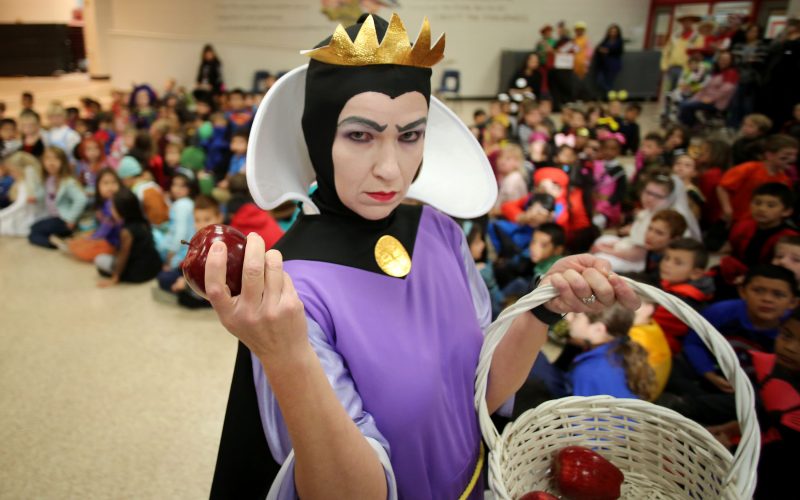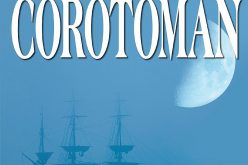United Way fundraising falls far short
United Way of Northwest Arkansas’ major fundraising campaign will fall $500,000 short of its $2.35 million goal, the Lowell-based charity announced Feb. 13.
The charity has enough cash reserve to make up the shortfall this year, thanks in part to a fortunately timed sale of stock. The charity sold some stock holdings three weeks ago, before a sharp market decline, United Way president Kimberly A. Aaron said.
The charity also recently received a donation of an inheritance and sold a donated piece of property, she added.
Still, the group’s approach must change, Aaron said.
“If we do not make changes, we will run out of money by the summer of 2020,” Aaron said. The organization will make changes and decide on a new strategy within the next couple of months, she said. The goal is to have the plan in place by July 1, according to the charity’s statement.
The workplace campaign raises 85 percent of the charity’s donations and fell short, according to the United Way statement. The campaign allows employees at participating companies to make donations through a voluntary payroll deduction.
That model of fundraising lasted longer in Northwest Arkansas than elsewhere but is waning everywhere, said Tyler Clark, president of the Northwest Arkansas chapter of the Association of Fundraising Professionals.
“They’re caught in a dynamic shift,” Clark said. Individual giving to targeted causes chosen by the giver started trending upward decades ago and has become the preferred method of most donors, he said.
“You now have the ability to send a donation by text in a crisis, directly to the cause you want to give to,” Clark said. That allows donors to bypass groups such as United Way that traditionally raised and distributed money for causes that lack fundraising techniques and resources.
“I think they already have the right idea in capacity building,” which is teaching local charities how to make the most of the money they raise, Clark said. That type of work by the United Way can be the basis for appeal to donors who approve of such improvement efforts. As for fundraising itself, though, “you have to be diversified,” Clark said.
Aaron expressed the same points. United Way historically served a valuable purpose in vetting charities, she said. Donors can trust United Way to distribute the proceeds to worthy causes, she said. Now, watchdog organizations such as Charity Watch and GuideStar serve that purpose. That gives donors more confidence donating directly to the cause they want to support.
Workplace donations for United Way Northwest peaked in 2008 at $4.6 million, then entered a “soft decline” until 2014, Aaron said. Then the soft decline became a hard one, she said.
“Workplace donation campaigns used to be something employers used to rally their employees around,” Aaron said. “Now some consider it disruptive in the workplace.”
Employers can present workers with a range of options, and employees can direct payroll deductions to other charities, Aaron said. So the rapidly diminishing pie of workplace donations is getting cut into slices, she said.
The worldwide United Way organization is suggesting its members find alternatives to workplace donations and find them soon, Aaron said.
“We have been told to be ready by 2024 to shake hands with your last donor if you keep relying on those,” Aaron said.
Doug Thompson
dthompson@nwadg.com






